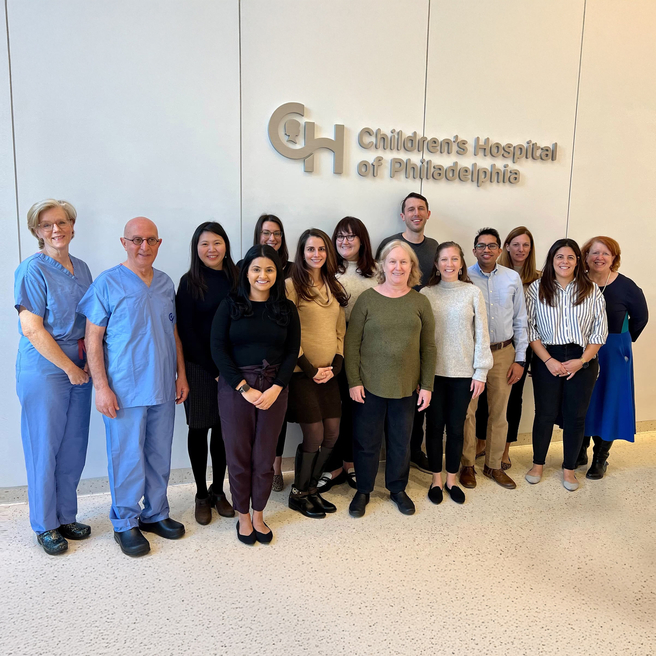What is carbohydrate malabsorption?
Carbohydrate malabsorption occurs when the main dietary carbohydrates, sugars and starches, are not absorbed from the gastrointestinal (GI) tract. Sugars include monosaccharides (glucose, galactose, fructose) and disaccharides (lactose, sucrose, maltose). Starches include polysaccharides and consist of glucose sugars linked together.
Carbohydrate malabsorption is detected by testing a child’s stool and finding a pH less than 5.5, which is caused by carbohydrate fermentation from malabsorption. It is also detected by testing the stool for glucose or other sugars like sucrose and starches. This type of malabsorption can lead to watery diarrhea with dehydration and acidosis (when your child’s blood becomes acidic).
There are several types of carbohydrate malabsorption, including:
- Disaccharidase deficiency: Deficiency of the enzymes in the small intestine that break down disaccharides such as lactose, sucrose and maltose (i.e. deficiency of lactase, sucrase, and maltase). Symptoms include flatulence, bloating, stomach pain, nausea and diarrhea. A doctor can test for lactose malabsorption with a breath test, which will show an increase in expired breath hydrogen after eating lactose. Primary lactase deficiency is extremely rare in infants and children. Secondary lactase deficiency occurs when lactase activity is decreased from injury to the lining of the small intestine and occurs most commonly in infants with viral gastroenteritis. Treatment can include giving a lactose-free formula until the infant recovers from diarrhea, which may continue for one to two weeks. Another example of disaccharidase deficiency is congenital sucrase-isomaltase deficiency, which is rare.
- Disorders of carbohydrate digestion and absorption: This occurs when starches are unable to be broken down to sugar (glucose) or when disaccharides are unable to be broken down to monosaccharides. The end product of both disaccharides and starch digestion are monosaccharides. These monosaccharides are absorbed in the small intestine. Carbohydrates that are not absorbed in the small intestine are fermented by bacteria in the colon and converted to short-chain fatty acids, which are then absorbed by the colon. Disorders of carbohydrate digestion and absorption occur when these processes are not properly functioning. Another disorder of carbohydrate digestion and absorption is glucose-galactose malabsorption, which is rare.
Your child's appointment
Learn what to bring, what to expect when you arrive and during your child's examination, and how to schedule follow-up testing.
Resources to help
Division of Gastroenterology, Hepatology and Nutrition Resources
We have created resources and patient instructions to help you feel confident with the care you are providing your child.
